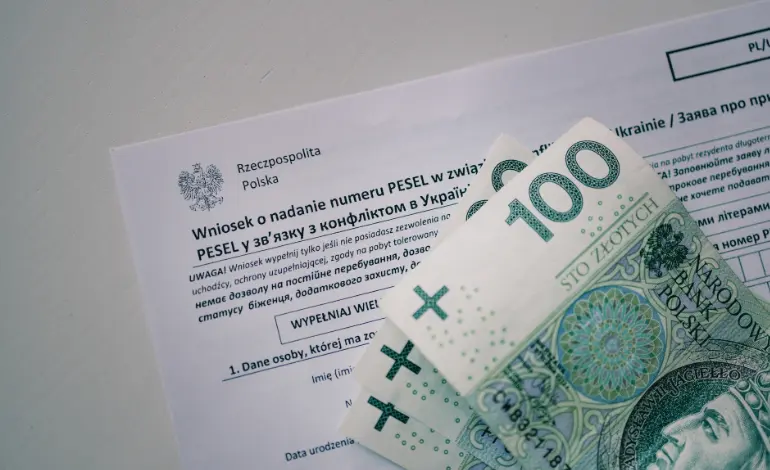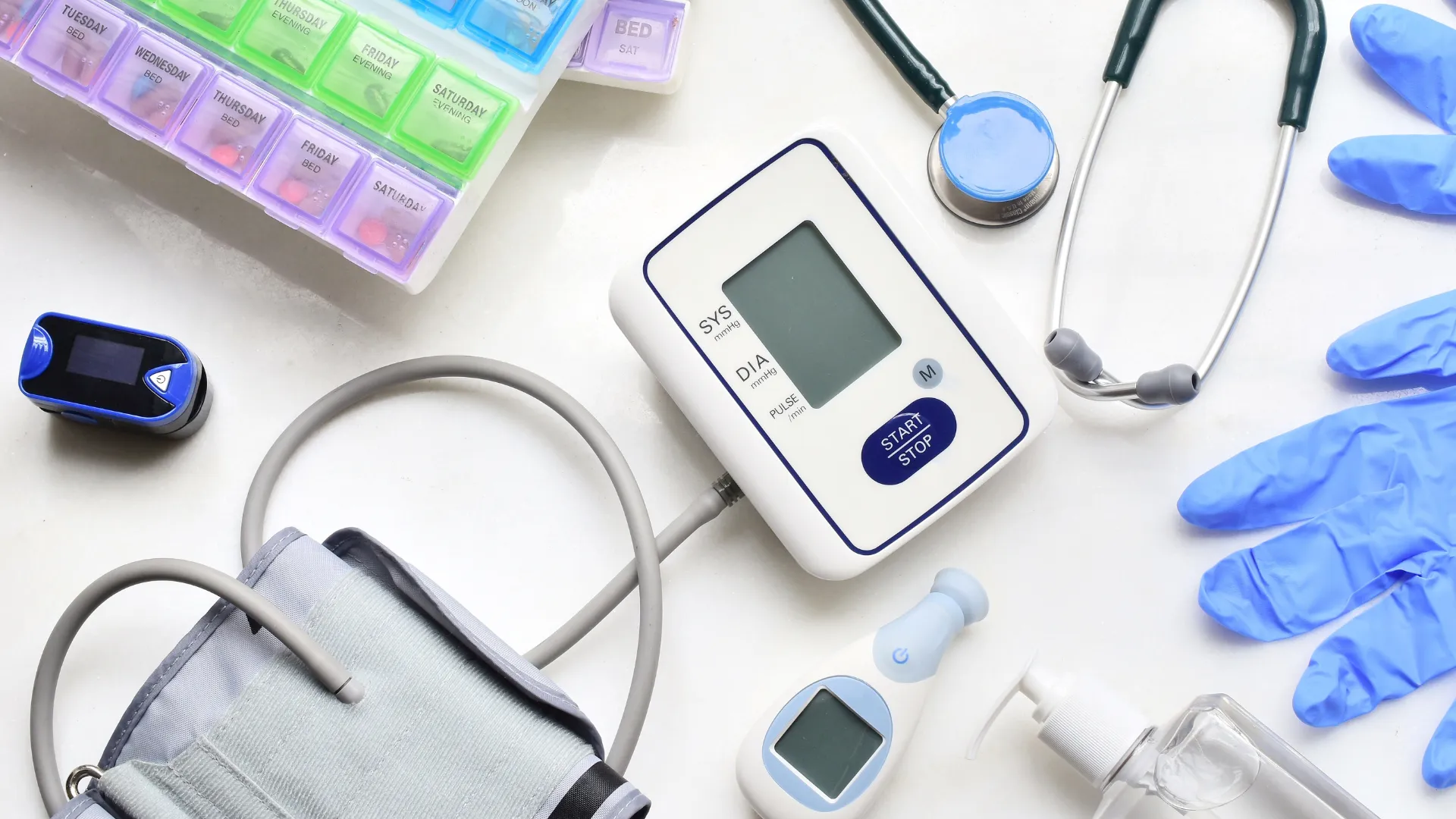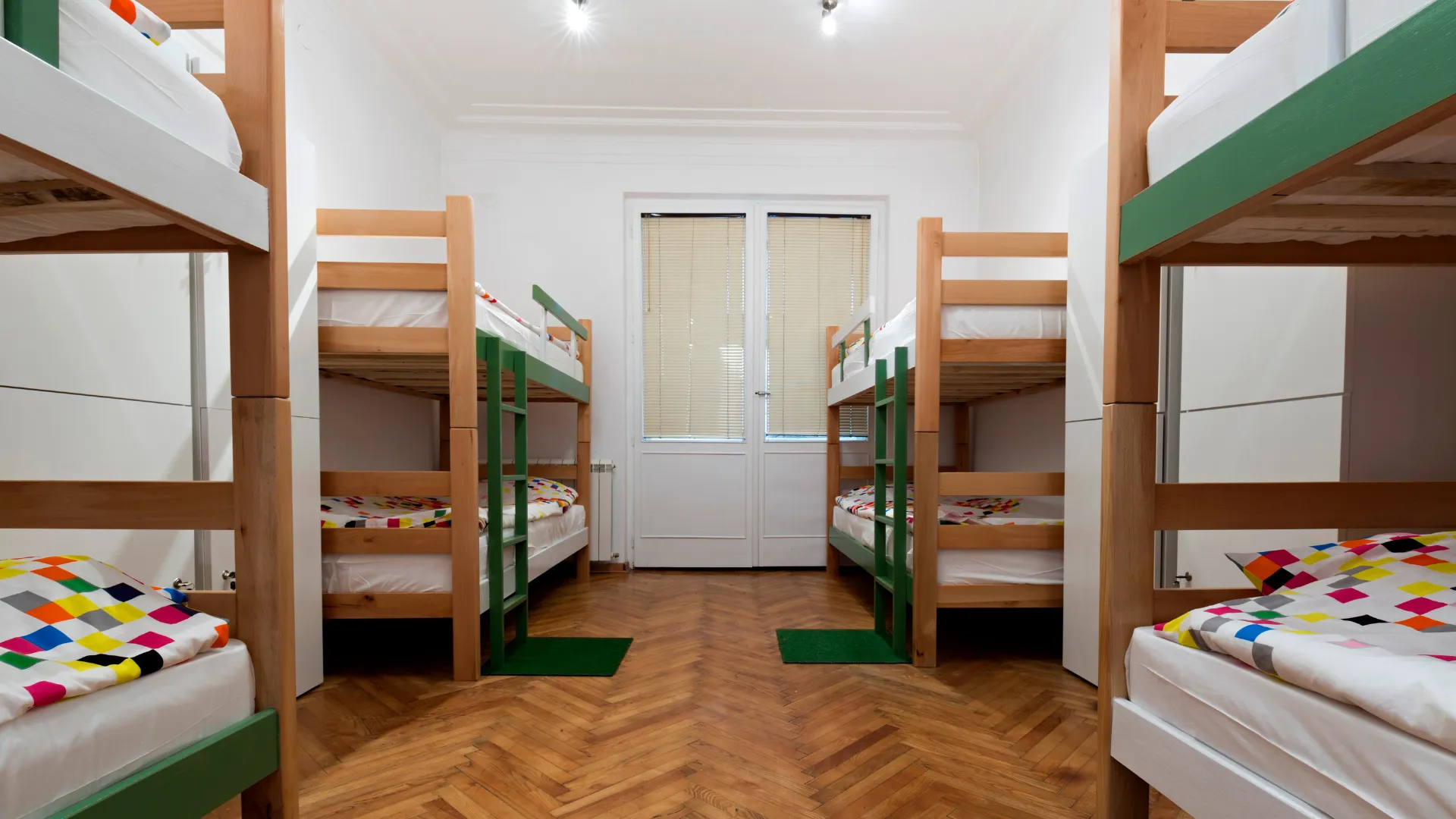What products to buy in a store in Poland

This article may not appeal to those who are inherently stingy, or to those who are spendthrifts. There may also be completely polarized opinions from the side of healthy eating advocates, as well as those who say that if you come to make money, you need to save as much as possible on everything. In terms of food, there can be vegetarians, vegans, raw foodists, meat eaters… And how can you give them all advice on eating or buying food in Poland? I think the best thing to do is just start writing, and everyone will be able to find something for themselves in the article. So, as always, I will share my observations from my own experience and begin to analyze “piece by piece” all the possible options that come to my mind.
Stinginess is a way of life
So, let’s start with those who are stingy. Stinginess is a way of life where a person, for whatever reason, limits himself in the present for the sake of a dreamy fictional future. It goes something like this – I’m going to save money now, and in 3 months I’ll go home and allow myself whatever I want. I will live like this for two years, as frugally as possible, and then I will have everything I want.
And how does it actually happen? First of all, as scary as it may sound, we don’t know if it will come tomorrow, the only thing we have is the here and now, and we should make ourselves as happy as possible in this moment. Let’s take a real-life example.
Andriy came to Poland to work, he is a young guy, he has no wife and children, and he is not limited by credit burdens, he came to earn money. Andrii goes to the factory every day, working 12 hours, 8 hours on Saturday. What does Andriy buy in the store? Andrii goes to Biedronka supermarket because he thinks it is the cheapest, but he does not pay attention to the fact that most of the time, weighty products like rice or buckwheat that are cheaper are simply of lesser weight than in other stores. But Andriy buys the cheapest sausages for 5.99 kilograms, buys 10 packs of instant vermicelli (a little more than a zloty per pack), takes a loaf of the big but cheapest bread and looks for the cheapest margarine. Andriy also picks up another(!) apple. Passing by a shelf with sweets, Andriy hesitates for a long time whether to take a Nutella chocolate cream, but the price of about 5 zlotys scares him away – “It’s expensive, Andriy says to himself.” Next, Andriy walks past the coffee shelf, he loves coffee, but 7 zlotys for a pack of ground pressed coffee is too much, “You can buy a kilo of sausages for that money,” thinks Andriy. And so, having skimped (what an interesting word in this case, probably from the word “avarice”) for 23 zlotys, Andriy is happy to have saved money. He will take one sandwich to work, consisting of one sausage and 2 slices of bread, greased with cheap margarine, and at home he will eat 2 sausages with steamed noodles.
Andriy brought tea and sugar with him, so it should be enough for 3 weeks. And here’s the interesting thing: Andriy earns at least 3200 zlotys per month with such a schedule of hours worked, which is about 22 thousand hryvnias, but even though the price of food in Poland is almost the same as in his country, Andriy cannot afford to buy what he would like.
For example, a kilogram of chicken meat for 80 hryvnias is expensive with a salary of 22 thousand hryvnias, but at home, with a salary of 4800 hryvnias, a kilogram of chicken for 130 hryvnias is normal. Andriy has no additional expenses, his housing is free, and he walks 15 minutes to work.
What does Andriy do when he comes home to his country? He meets his friends and spends a quarter of his monthly salary on dubious pleasures in 2 days. Then he starts buying a new phone, which he doesn’t really need. A friend knows that Andriy has come back from work and borrows 5 thousand hryvnias from Andriy “for eternal repayment”. Andriy also thinks, “I’m so drunk, I can afford to go to the seaside,” and spends another 14 thousand on the seaside, because he’s not going alone, but with friends. And now Andriy has money left for another month of living and is going to work again, but he still has a visa corridor, so he will leave in 3 months.
Was it worth saving?
Wouldn’t it have been better to spend that money on yourself and eat normally – buy some chocolate, some fruit, sometimes eat that 6 zloty ice cream that “costs like a kilo of Bedronka vapors”? We are still silent about what might happen to Andriy’s health after such a diet and how much money we might have to spend on his recovery, if possible, but Andriy is young, so we gave him a head start and imagined that after such a diet he would remain relatively healthy.
Are there any exceptions and when you really need to save?
Of course, yes, but you still need to do it with common sense, because the $150 you put aside won’t make a big difference to your financial situation, but malnutrition can damage your health, and without it you won’t earn anything in the future. I’m not even talking about time as a capital – we each have a certain amount of time, and by saving, feeling sorry for ourselves, doing work we don’t like, we behave as if time is endless for us “and someday in the future I will be healed wow!”. But live now!
Because with such attitudes in your head, that future will always be such a stingy present. When is it necessary to save? When you urgently need money for some family needs and you are going to earn money. When you need to repay a loan. When, God forbid, someone close to you gets sick and you need money. In such cases, of course, you need to save as much as possible, but even here you need to give your body the minimum necessary, because we are not cyborgs, but people, and in addition to our bodies, we have a soul that also wants to feel happy.
Option 2 – a spender
Perhaps this is not the right word, but here we are talking about a person who manages their finances unreasonably and has no specific goal. This is also a fairly common type of person among many migrant workers. So, let’s say it’s Volodymyr.
He brought with him to Poland not only two huge suitcases, but also a bunch of his problems, which he used to solve over a drink and which did not disappear after crossing the border, because all problems are in our heads and we carry them with us wherever we go.
Volodymyr is a hard worker, he works hard and earns good money, but he didn’t go to Poland to earn money for something or for his family, he just didn’t have any work in his country, so he went to Poland. Here, he earns 29 thousand in the equivalent of hryvnia, but he buys everything he sees on the shelf in the store, then throws some of it away because it’s spoiled, and so on every time. Volodymyr goes to the store almost every day and buys a can of beer every day, sometimes two, and on Saturdays he makes a normal alcohol purchase.
Volodymyr is nervous about his wife, who constantly calls him and “teaches him how to live,” and he sends her a certain amount of money once a month – sometimes 10 thousand hryvnias, sometimes 11, and once he sent as much as 12 thousand. But once he sent only 5 thousand in the equivalent of hryvnias, and one month he did not send anything at all and said that his salary was delayed.
Volodymyr quickly runs out of money and often takes an advance at work, and then the next month he gets much less and takes another advance. And the last month before his visa expired, he received only 1100 zlotys because he had received the rest of the money in advance earlier.
We cannot condemn him, everyone has their own life and their own problems, but we will allow ourselves to live differently, doing different things than the fictional character Vladimir. We will try to live by the principle of the golden mean.
Keep a balance – in purchases, food, finances. Is it possible?
There are different situations. When you arrive in Poland, you often don’t have enough money. Especially when you find a job on your own and rent an apartment. You need a lot of additional expenses – transportation, rent, a cell phone. And then you pay a lot of money for the first month for housing, and you have little money left, and your salary is on the 10th of the next month. In this case, of course, you need to save money.
You can live on cheaper products, but you don’t have to limit yourself here either. A more or less normal purchase can be made for 50 zlotys per week, and a full-fledged one – for 100 zlotys. That’s 400 zlotys a month to eat well.
If your balance is low and you need to live for something, you should first of all avoid such situations. To do this, you can first go to a harder seasonal job, where there is free housing and, if possible, food. There you can save a couple thousand zlotys for the start. Then you can rent an apartment on your own and look for a job in your specialty or one that suits you.
If you haven’t thought ahead, and you don’t have enough money on your balance sheet, you can look for a part-time job if you have a free day off. Such 3 days of part-time work per month will additionally bring you within 350-400 PLN.
No days off or working hard? Don’t know where to find a part-time job in Poland? Then there is an option to borrow money from a close friend, and then pay him back from your first salary or in 2 installments – it depends on how you agree. You shouldn’t save money on good nutrition, because it allows you to work, be healthy and have the strength that you convert into work and earned money, so eating well in Poland is a must.
What are the best stores to buy food in Poland?
Here, as a rule, everyone decides either for themselves, or according to the location of the store, or according to the pricing policy, or according to the presence/absence of such a store in your area. I can only share my personal experience and give some advice based on it.
I have worked in Poland in different cities and villages, as well as in different jobs, and the most accessible market, of course, is Biedronka. Who doesn’t know about the famous sausages from Biedronka, which have saved many foreigners from starvation in Poland because they are known not only for their cheapness but also for their good taste. I have already written about them in this article a bit earlier. Even in Biedronka, those who come to Poland for the first time usually like cheap yogurts costing a little more than a zloty, but after eating them to their heart’s content, the desire for them somehow disappears.
In general, Biedronka is a very attractive market, where there is not only a good selection of different categories of goods, but also the opportunity to make purchases relatively predictably, because after going there a certain number of times, you already know exactly what you will buy next time. The fact that there are a large number of these stores all over Poland is also attractive, and the one closest to you will help you not to go hungry and will not break your wallet.
However, don’t think that Bedronka is cheap. The prices here are about the same as in other markets, some are much more expensive, but there are certain types of their own products that are really cheap. That’s why it attracts people more for its affordability. Once a Polish woman I know told me that there were times in Poland when it was a shame to go to Bedronka, because it was considered a market for the poor. She also said that certain goods are indeed cheaper here, but only because they are lighter. The Poles often call Bedronka “bezdomka” because of the large number of homeless people who often warm themselves in the store’s lobby in winter.
Personally, if I have the opportunity to go to LIDL, I will go there, because I like the quality of the products there, although maybe I made it up, but their products taste good and do not spoil for a long time, although the latter indicates a large amount of preservatives.
Among the small markets, I like the Polo market. Poles are proud that it is theirs, Polish, with their own capital. The prices there, in my opinion, are not much different from Bedronka, the range of goods is different, but there are many similar things and I like it because there are no such long lines. But maybe it was just me. In small towns, there is also a good supermarket called Intermarshe, which often has a department with its own meat and sausage products, but this market is much more expensive than Bedra, although it depends on what you buy.
In big cities, there is access to various hypermarkets. I prefer Auchan or its brother B1. Here, there is a separate shelf with the inscription “cheapest” next to almost every item, it is usually Auchan’s own production and these goods are really cheap.
I like to shop here. Auchan also has its own ready-to-eat department – baked ribs, fried ribs, soups, bigos, its own baked bread and much more. Why not buy, for example, a large roast thigh for 2 zlotys and enjoy it at home with, for example, boiled rice or barley and a tomato and cucumber salad? I do that sometimes when I’m too lazy to cook.
The fish department in this market is also great, though I can’t tell you the prices because I rarely go there. However, I often go to the greens department – arugula, spinach, basil, dill, parsley – they make such great salads, and greens are not only tasty, but also healthy. The Auchan market is especially “dangerous” for me because you can often buy something else besides what you planned, even if you are determined to buy only the necessary things, so I write a list before going and stick to it, but before I went “on a whim” and a pair of sneakers for 20 zlotys and a T-shirt for 15 zlotys could end up in the basket, making additional expenses of 35 zlotys, and this could be another grocery shopping trip
For fans of healthy products such as “eco” I also recommend large hypermarkets, such as Auchan. There are entire departments of such products, even a department of nuts the size of a standard medium Bedronka. Separately, you will find gluten-free and so on. The same markets are well suited for vegetarians and vegans, thanks to a wide selection of a variety of vegetable proteins, vegetables and fruits, as well as the previously mentioned herbs.
If you find yourself in a village in Poland, where do you buy food?
In villages, it is more difficult because it will be more expensive. As a rule, there are either small family-run shops or similarly family-run and small ones under the ABC brand. The selection of products is small, the products are expensive, sometimes even expired, and you have to tell the saleswoman in Polish what you want. Therefore, it is better to go from the village to the nearest city and make a reasonable purchase for a week or two, and buy something necessary, such as milk or bread, in such small shops. However, there is an advantage: often in such shops in a Polish village you can buy fresh homemade sausage or smoked meats made by the shop owners themselves, or the same delicious pastries that you won’t find in a large supermarket.
As for what products to buy in Poland, my advice is to buy what you want, but with a reasonable financial approach. One week you can do this, the next week you can change your diet a little, for example, this week we will eat fish, and the next week – milk.
But this is purely my approach, and you decide for yourself according to your own needs, the main thing is to get the necessary amount of everything the body needs from food for healthy functioning, and, of course, it is equally important to enjoy food, because in our life there should be as many small joys as possible that “make our day”, because days make months, and those make our lives. So eat right in Poland, and good health to you.











